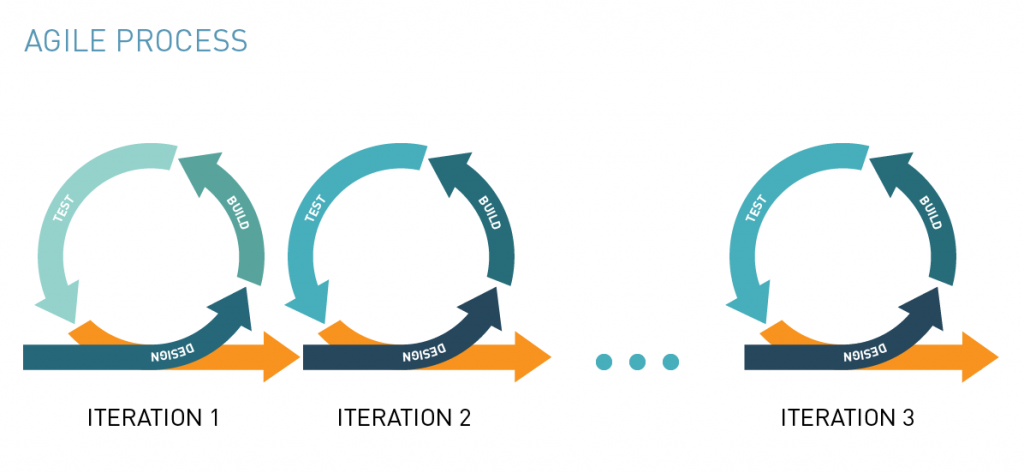GUEST BLOG FROM PETER WHITELAW, AUSTRALIAN BUSINESS CONSULTANT AND CO-AUTHOR OF CUSTOMER AT THE HEART
Wash. Rinse. Repeat.
If you conduct a customer survey only once, you capture a single ‘snapshot’ in time. That snapshot will usually give you valuable information including customer concerns that deserve remedial actions.
BUT you:
1. Will never know if those remedial actions actually resolved the customer’s concerns
2. Won’t know what’s trending. Are customers more loyal or less loyal? Are more of them actively considering defecting to your competitors?
3. Might never improve your customer relationships
Customer centricity requires continual contact with the customer. Hence the importance of iteration.
Wash. Rinse. Repeat.
Customer Centricity and Agile
There are many similarities between an iterative approach in customer centricity surveys and the Agile project management methodology.
“Agile is an iterative approach to project management and software development that helps teams deliver value to their customers faster and with fewer headaches. Instead of betting everything on a ‘big bang’ launch, an agile team delivers work in small, but consumable, increments.” (Atlassian 2020)
The Agile Manifesto, developed in 2001, includes these key principles:
• Focus on people over process
• Embed customers and their feedback in order to continuously improve
• Deconstruct work into small segments and organize effort into short chunks (typically called sprints) in order to get quick feedback and make nimble (agile!) course corrections
• Dedicate people to teams and focus on one project at a time
• Experiment and learn continuously
• Ensure transparency of the work and continuity of the team
(Derived from a Forbes article of 6 October 2019.)
The Importance of Iteration in Customer Centricity
Iteration means adopting a cyclical approach to seeking customer feedback. You need to repeat regularly. At least once every year. And remember that first principle I mentioned. Focus on people over process. Get buy-in from the account teams as they have to own the customer programme. If they don’t, it will be seen as ‘just another Head Office initiative’ and will fail.
Benefits of Iteration in Customer Centricity
• Identifies trends and locates intransigent problems (that the customer perceives)
• Enables account managers to interact with customers in a non-selling mode, building trust
• Is seen to be consistently seeking customer feedback with the objective of continuous improvement
Consequences of Not Iterating in Customer Centricity
• Customers perceive that you no longer care about their opinions and that their past participation was a waste of time
• Your organisation drifts away from its strategy of achieving customer centricity
• Staff may feel they are no longer accountable for the quality of customer relationships
Peter Whitelaw is an Australian consultant providing customer relationship assessments, customer centricity guidance and change management services. He has a background in engineering, sales and general management with Hewlett Packard, Tektronix and Optus Communications. For 11 years he was CEO of project and change management training and consulting company Rational Management, training thousands of managers across the world. In recent years he has been lead consultant on several change management and customer centricity projects for both commercial and government organisations.



